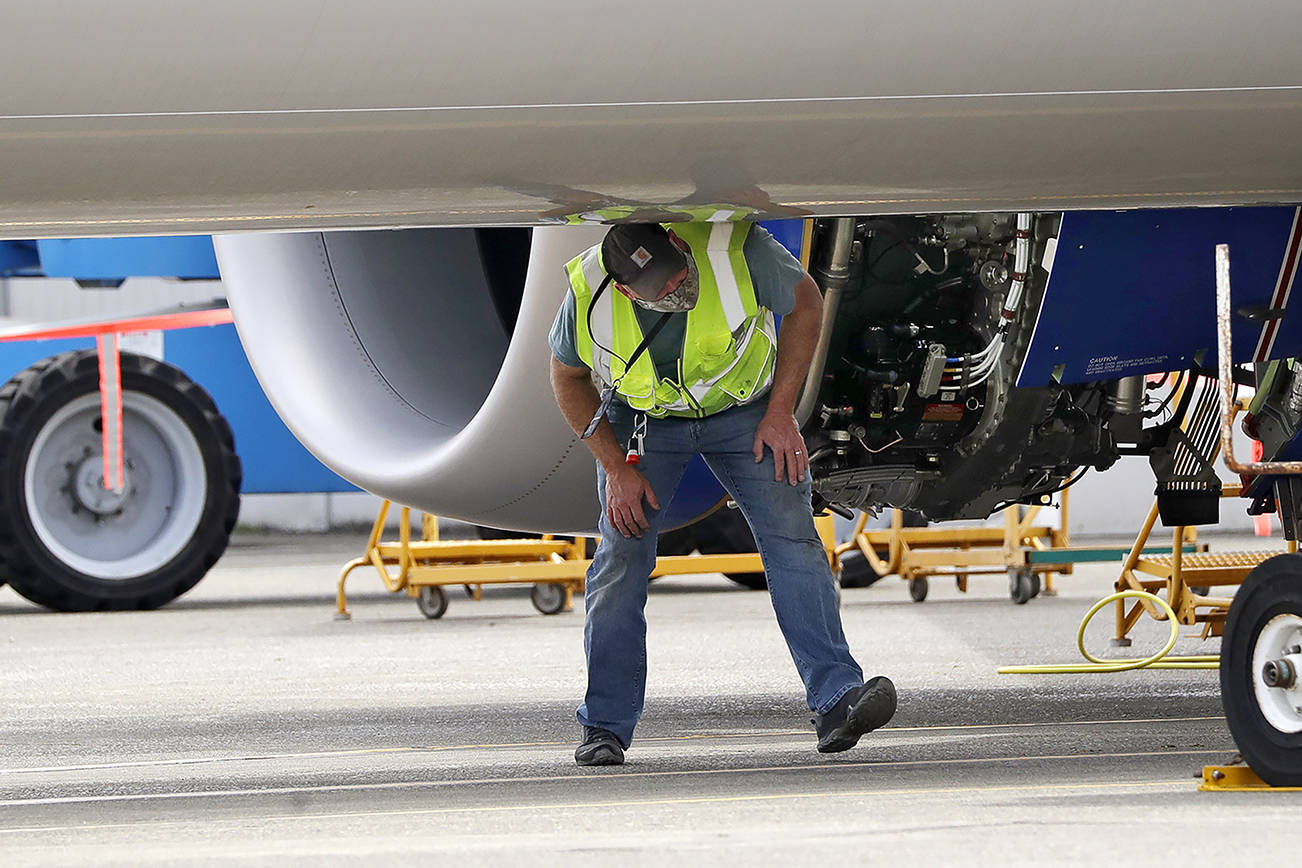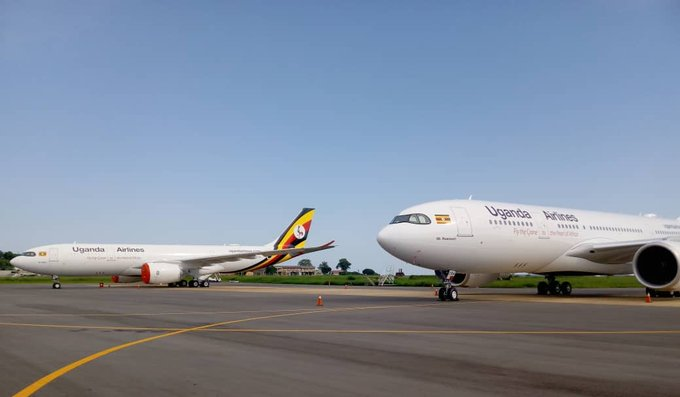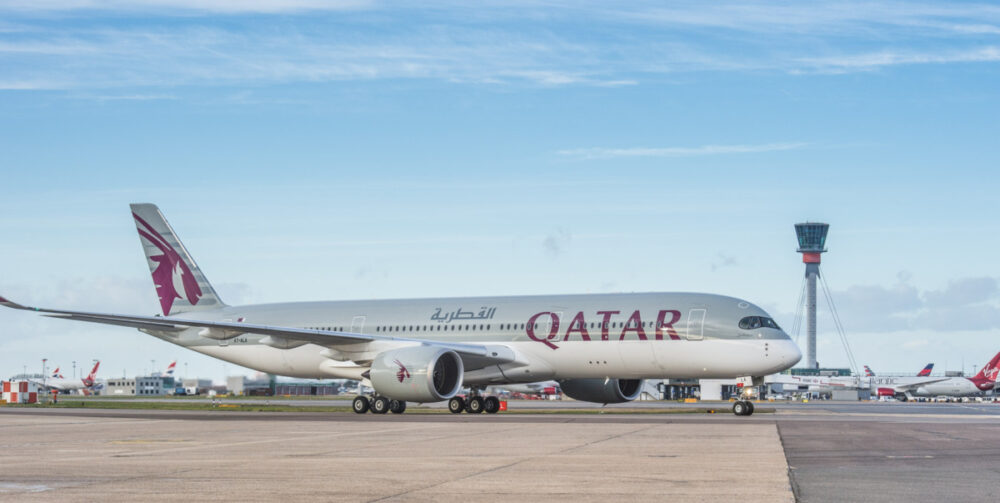As airlines struggle with the current pandemic, it might be helpful to use this time to prepare for the next one. Airlines could benefit from instituting a number of measures, from the corporate level to onboard, to protect itself.
Financial preparedness
The aviation industry came out of 2019 on a high. Passenger numbers and profits were on the rise, even with trade wars and the MAX crisis, and airlines were looking to expand. 2020 was meant to be the year where airlines increased their margins and added new routes.
However, when the coronavirus took hold, airlines were left scrambling. The biggest names in the industry said that they were close to collapse. The shutdown of any major airline can be of huge consequence to the global economy, leaving thousands unemployed.
But how can massive airlines collapse after just a few weeks on the ground?
The answer lies within financial preparedness. Many large airlines, while making billions in revenue, have little left in the way of profits or reserves. To prepare for the next pandemic, airlines will have to refocus efforts on turning profits, which will mean dropping older aircraft and cutting low-demand routes.
It’s interesting to see that it has been the low-cost airlines that have been able to stay afloat without any government support.
Enhanced cleaning procedures
One, and possibly the only, positive aspect of this pandemic has been that airlines have substantially stepped up their aircraft cleaning process. Airlines have been quick to make aircraft deep cleaning the norm, as a way to raise passenger confidence.
The change in the cleaning procedure has been drastic. Prior to COVID-19, airlines used to deep clean their aircraft once a month or every 500 flight hours. Now, airlines are looking to deep clean their aircraft at the end of every day. Airlines have also been quick to highlight features such as HEPA filters, which the majority of aircraft already have or will install soon.
While this might be a necessity during the pandemic, continuing these measures post-COVID could allow airlines to prepare for the next pandemic. Cabin sanitation ensures that passengers feel safe and reduces the transmission of many communicable diseases. Having these measures in place during the next pandemic could reduce the steep passenger drop airlines faced this time around.
Advanced screening
One thing many countries that contained the virus early have in common has been advanced screening. When a new disease does begin spreading, airlines will have to work with local authorities to begin screening passengers for possible disease. While asymptomatic passengers might be hard to spot, airlines can definitely do better in identifying symptomatic passengers.
Infectious diseases can easily cross borders with passengers on a flight, making airlines an active player in the fight against diseases. Mandatory face masks, temperature screenings, and contactless surfaces could well become the norm even if there is a suspected outbreak.
While we all hope the current pandemic will end soon, this year has taught us that airlines can do a lot more to protect passengers, and themselves. The future will look quite different and that could be a positive change for everyone.
About Guide2Uganda
Guide2Uganda (www.guide2uganda.ug) is the most comprehensive source of information about Uganda that exists on the web, with more content on Uganda and surrounding towns, attractions, museums and galleries than any other online guide that currently exists for Uganda as well as being a dynamic news and comprehensive events driven site with content being added daily.
According to WeFollow & Peer Index (whom both measure online influence) we are among the most influential online media organizations in Uganda. We were also awarded for ‘’Best Destination Website in Uganda’’ by Jumia Travel Uganda in the 2017-2018 Africa Travel Awards. If you are planning a visit to Uganda you can always reach us on; info@guide2uganda.ug




